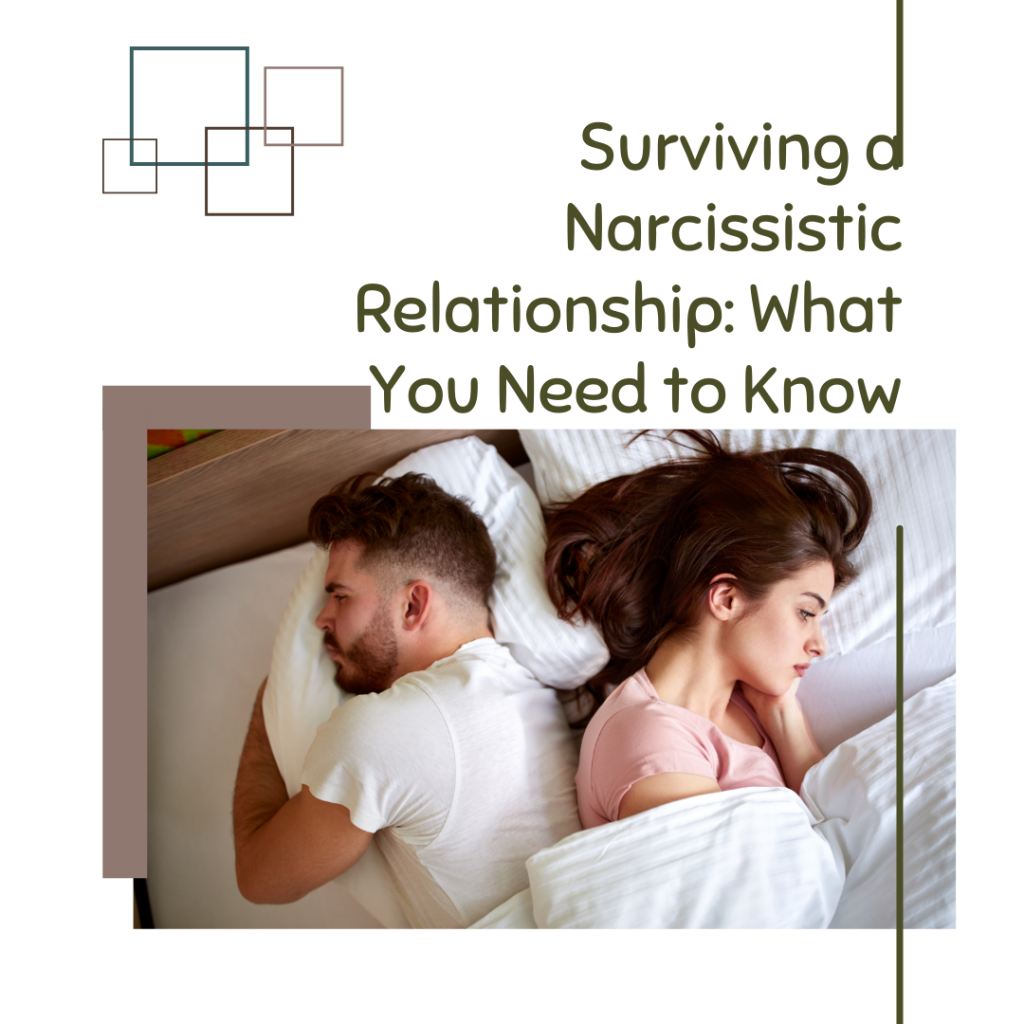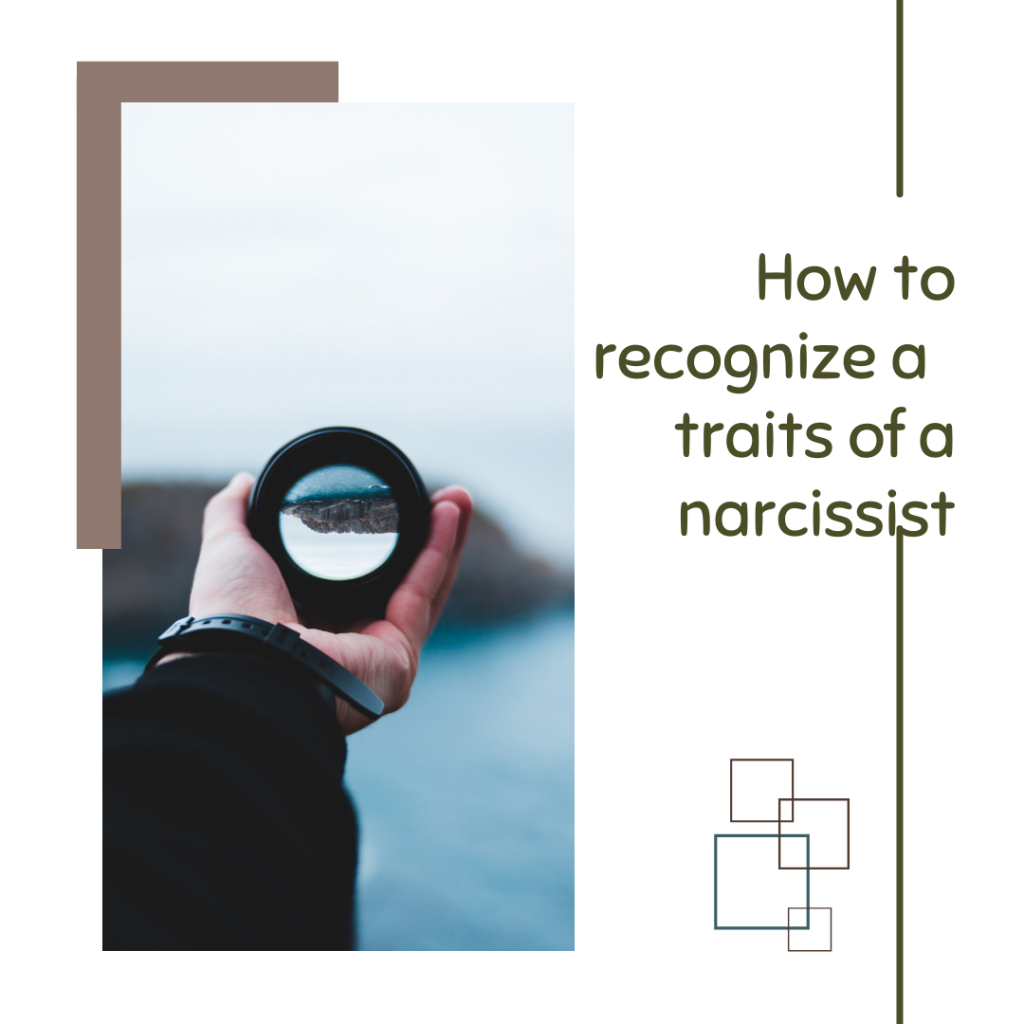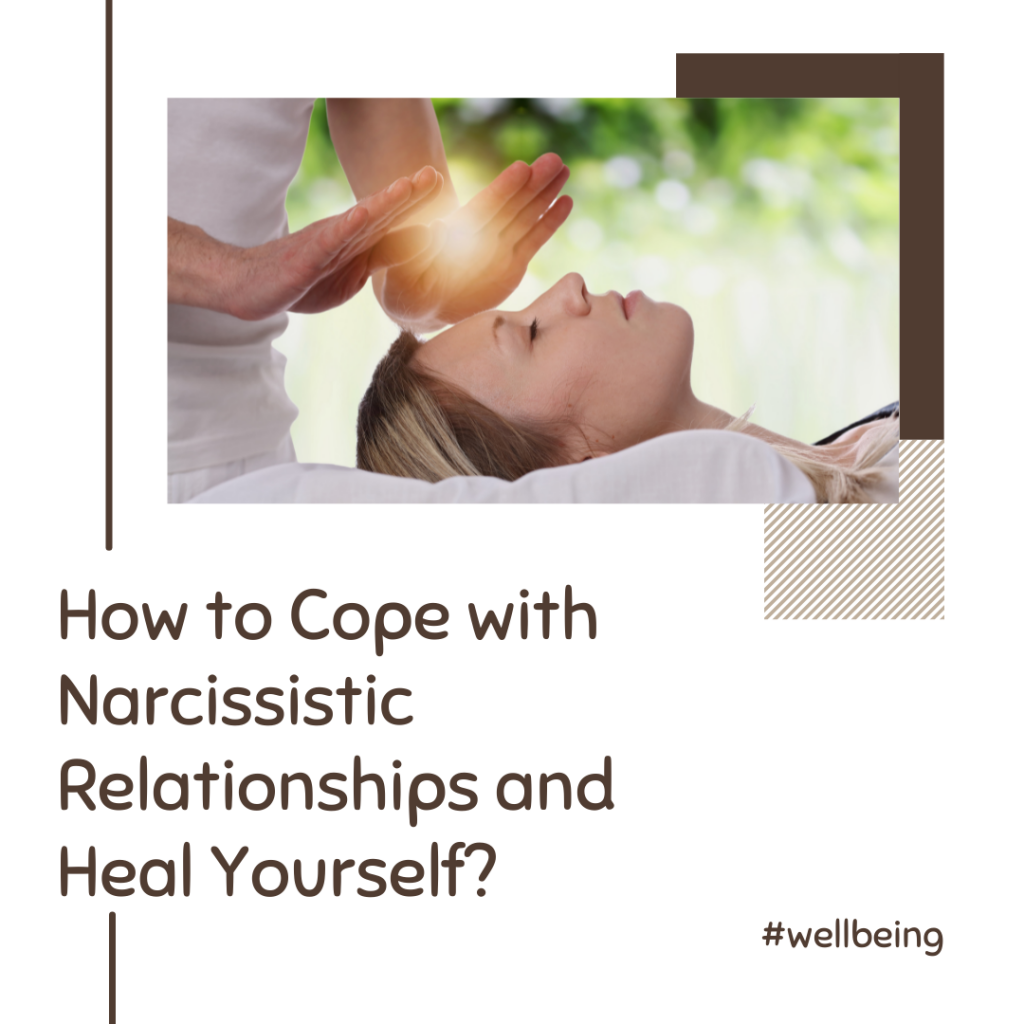 Introduction to narcissism
Introduction to narcissism
Narcissists are everywhere, and sometimes it’s hard to spot them. More often than not, narcissists are good at hiding their true selves.
Narcissists can be intimidating to deal with, they can control your thoughts, feelings and behavior. Narcissists enjoy using other people for their own enjoyment which causes all sorts of problems.
Fortunately, there are ways to spot narcissistic behaviors in yourself, your friends and family so that you can break the cycle and avoid the toxic relationship altogether.
What is a Narcissistic Relationship?
A narcissistic relationship is a relationship with one partner who has a narcissistic personality disorder. The other partner may be codependent and have low self-esteem.
Narcissistic people are typically not very empathetic and will expect their partners to cater to their needs all the time. They are also likely to be abusive and controlling towards their partners, making them feel bad about themselves in order to feel better about themselves.
What are the Traits of a Narcissist?
Narcissism is a personality disorder characterized by self-centeredness, lack of empathy, and an inflated sense of one’s own importance. Narcissists are often quite charming and charismatic, which leads them to be very successful in the business world.
The traits that define a narcissist are:
– They have an exaggerated sense of their own abilities and importance.
– They require excessive admiration from others.
– They have a sense of entitlement to special treatment or privileges.
– They take advantage of others to achieve their goals.
– They lack empathy for other people’s feelings, emotions, or needs.
 How to recognize a narcissist?
How to recognize a narcissist?
In order to recognize a narcissist, one must be aware that there are different degrees of narcissism. The most common form is the grandiose type. This type of narcissist believes that they are superior to everyone else and deserves special treatment. They will do whatever it takes to make themselves look good in the eyes of others and will often lie or exaggerate just to impress them.
The other form is the vulnerable type. This type of narcissist does not believe that they are better than anyone else, but instead relies on others for validation and support. They will be very sensitive when criticized or rejected. They are difficult because the person you are dealing with is constantly making you feel like if you don’t do what they want, they will leave or punish you.
 How to Cope with Narcissistic Relationships and Heal Yourself?
How to Cope with Narcissistic Relationships and Heal Yourself?
Narcissistic relationships are difficult to cope with. The person is often a narcissist and has no empathy for their partner. This can lead to emotional abuse, which is hard to recover from.
The best way to recover from this type of relationship is by healing yourself first. Make sure you take care of your mental health and don’t fall into self-destructive habits like drinking or drugs.
It’s important that you don’t blame yourself for the relationship ending, but instead focus on the future and what you want in your life going forward.
It is important to know that it’s not your fault and it’s not your responsibility to fix them. It’s also important to know that narcissists are often looking for a victim and the more you try to please them, the more they will take advantage of you.
Some people find themselves in a narcissistic relationship without even realizing it because they don’t have any awareness of what a narcissist is. This is why it’s important for people who are in these relationships or who think they might be in one, to educate themselves on how these relationships work and the ways in which they can make them work.
Conclusion of surviving a narcissist relationship
In addition to the emotional toll that a narcissistic relationship can take on you, it can also have a negative impact on your physical health.
The narcissist’s need for attention and control is so great that they will do anything in their power to get it. This includes but is not limited to:
-Sabotaging relationships with other people
-Gaslighting their partner into thinking they are crazy or unstable
-Insisting that the other person is inadequate and needs the narcissist for everything in life (e.g., parenting, friendship)



Leave a Reply